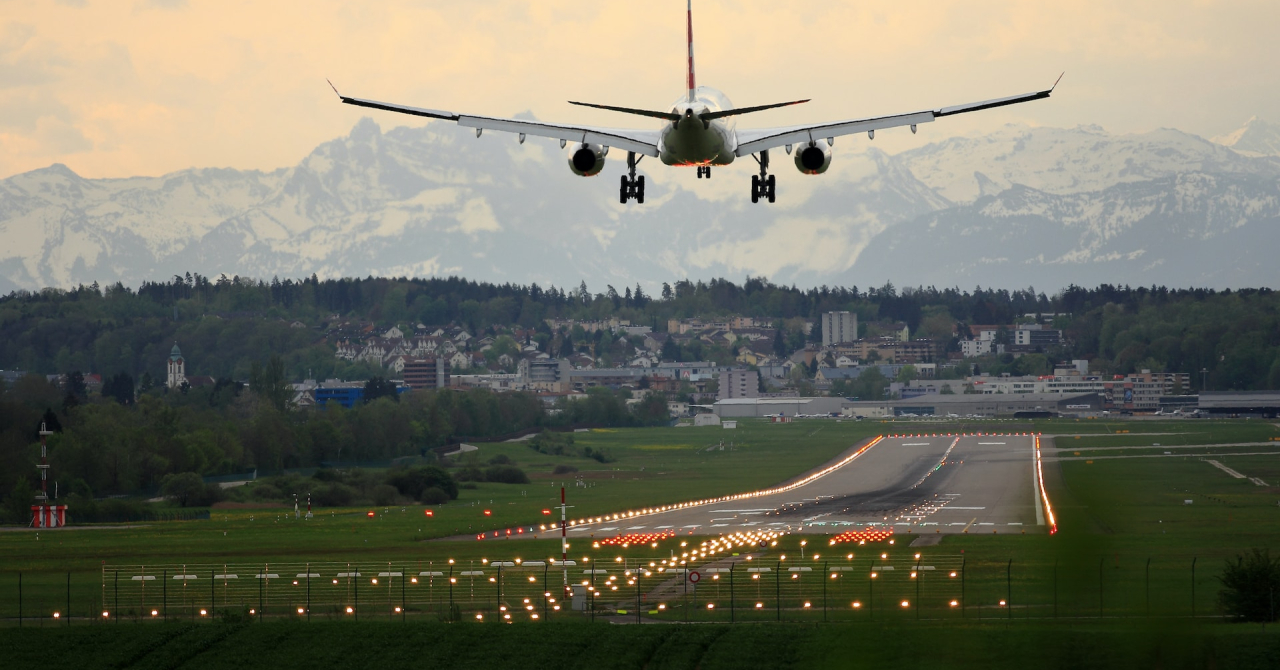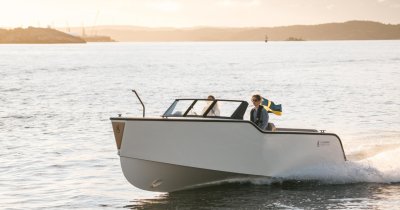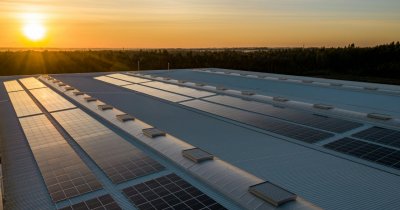ESG Today writes that Airbus, Barclays Sustainable Impact Capital and NEOM Investment Fund led the financing round. ZeroAvia, founded in 2018, expects to release engines capable of a range of around 480 kilometers in a 9 to 12 seat aircraft by the end of 2025, as well as a model with over 1.100 kilometers range for 40-80 seaters in 2027.
So far, the company passed multiple flight tests from the FAA and the CAA, two of the largest authorities in the aviation industry.
Val Miftakhov, Founder & CEO, ZeroAvia, said that "ZeroAvia has grown rapidly in the UK as we have worked to deliver two major historic milestones in aerospace engineering as we look to preserve the benefits of flight through clean propulsion."
UK officials want to decarbonize domestic aviation by mid-century and by the end of this decade, they are committed to offer financial support to projects that can deliver clean propulsion systems for internal flights.
Around 25% of UK's whole emissions are expected to come by aviation by 2050, should the industry continue to operate as it does today.
Sustainable Aviation Fuels (SAF) are another clean-power alternative for aviation, but hydrogen and batteries are still the preferred technologies for the future of sustainable flying.
 Mihai - Cristian Ioniță
Mihai - Cristian Ioniță












Any thoughts?